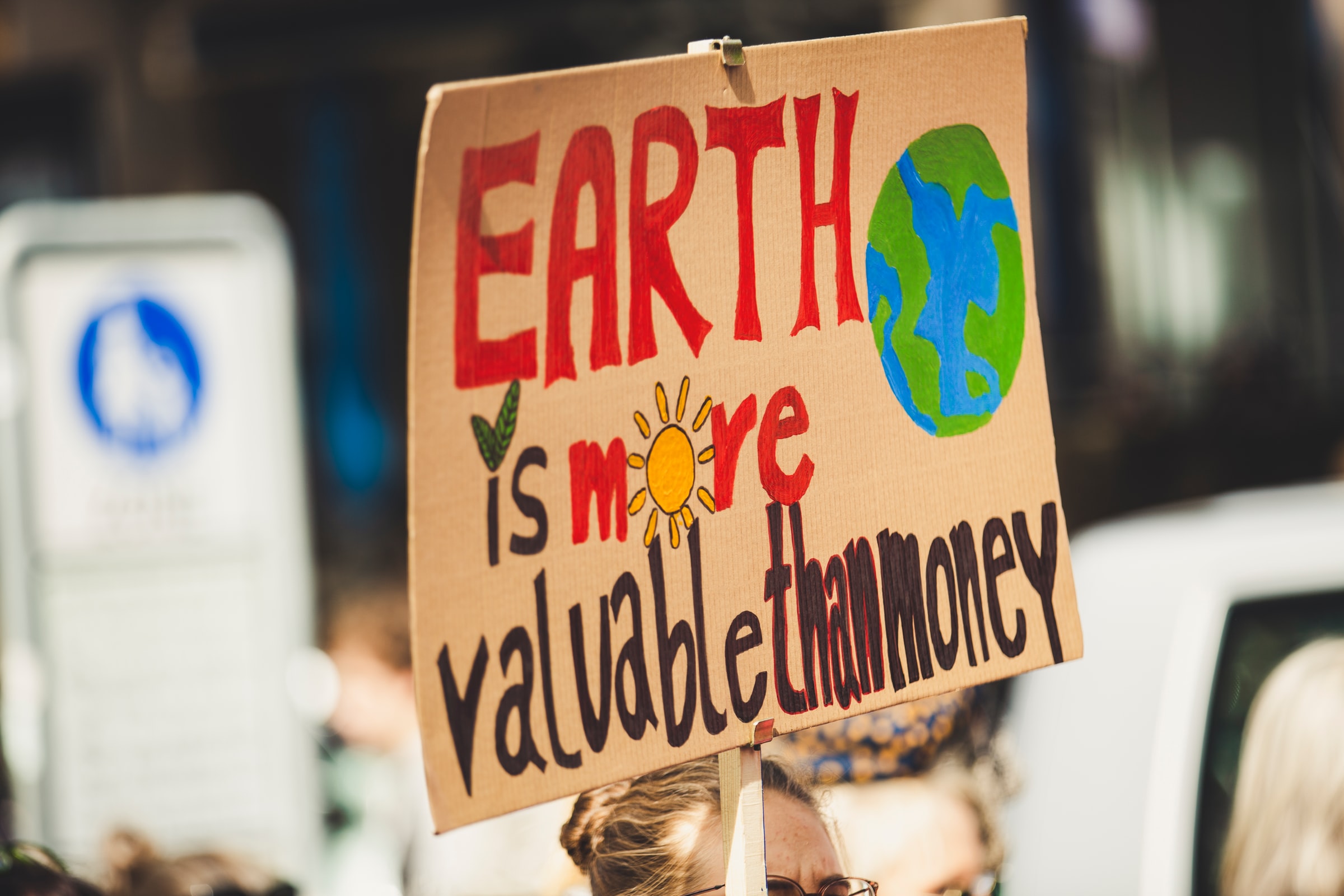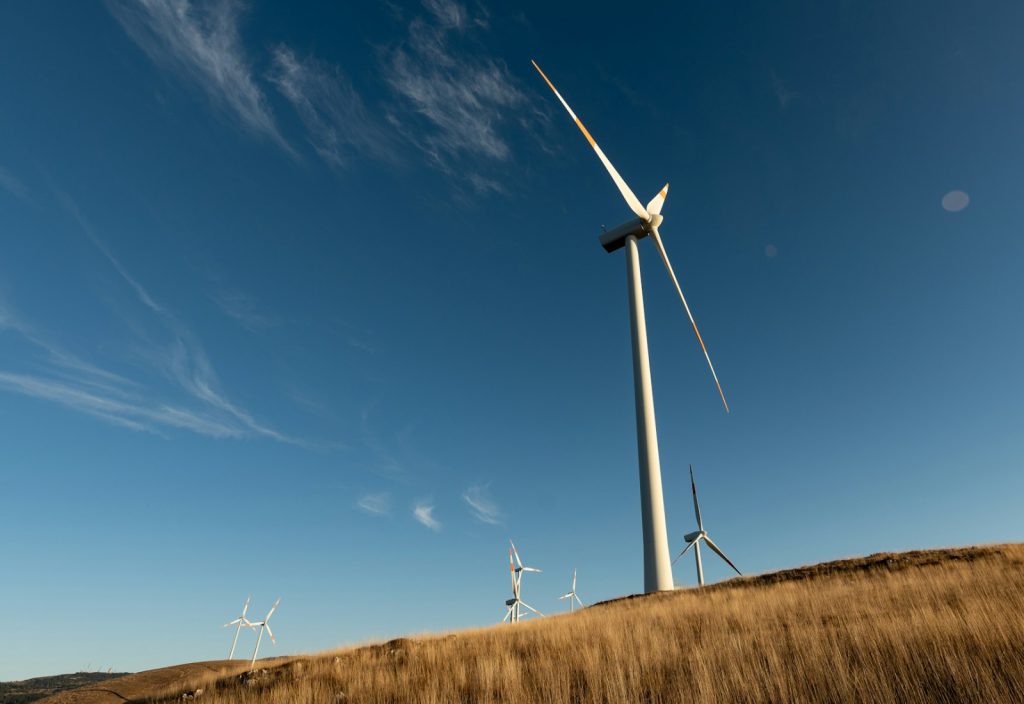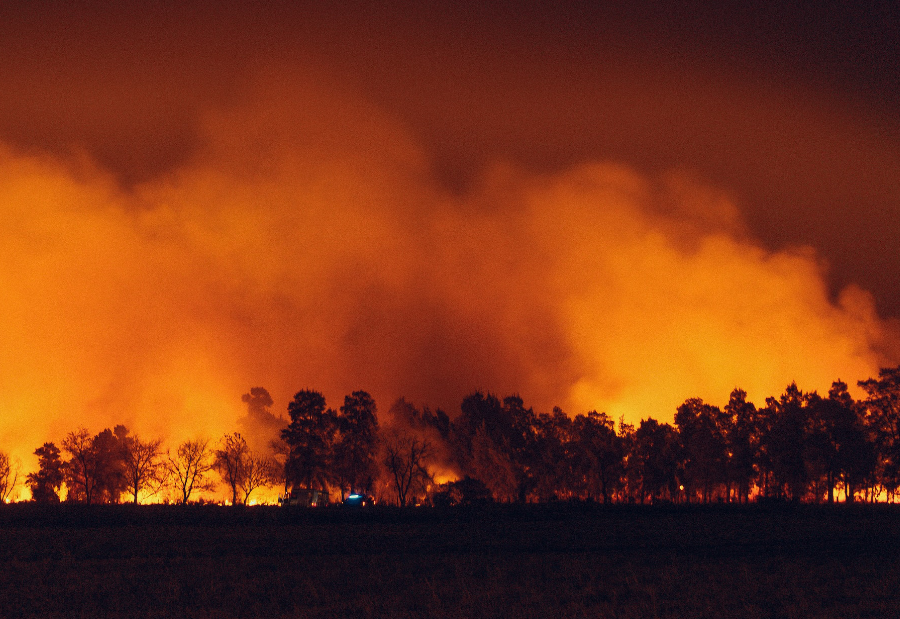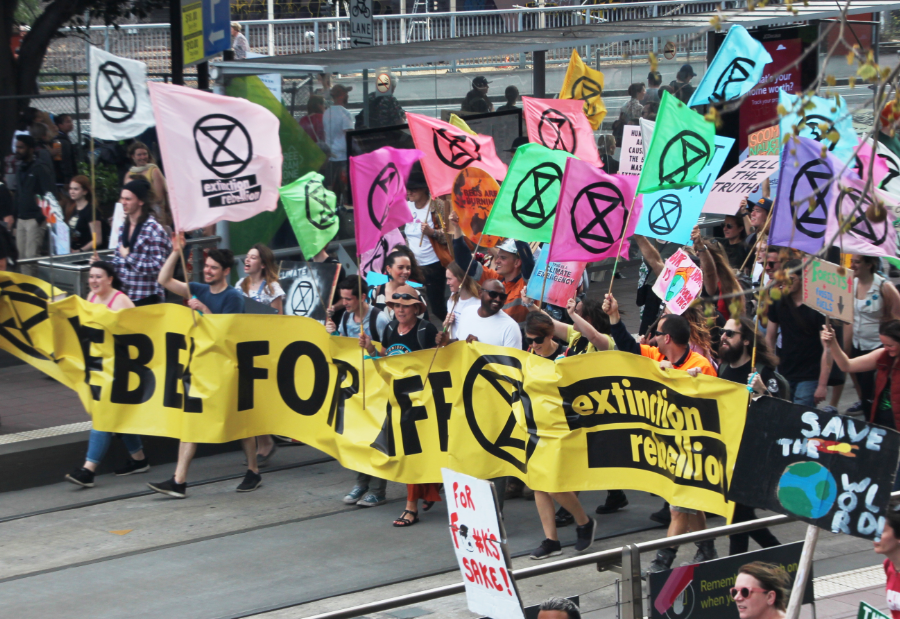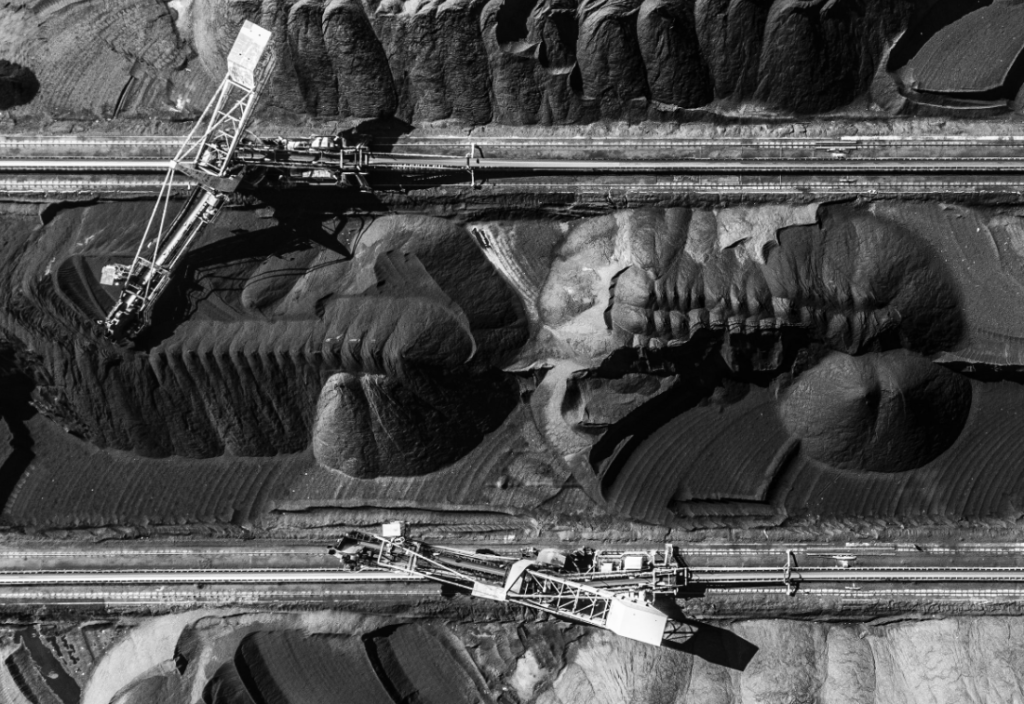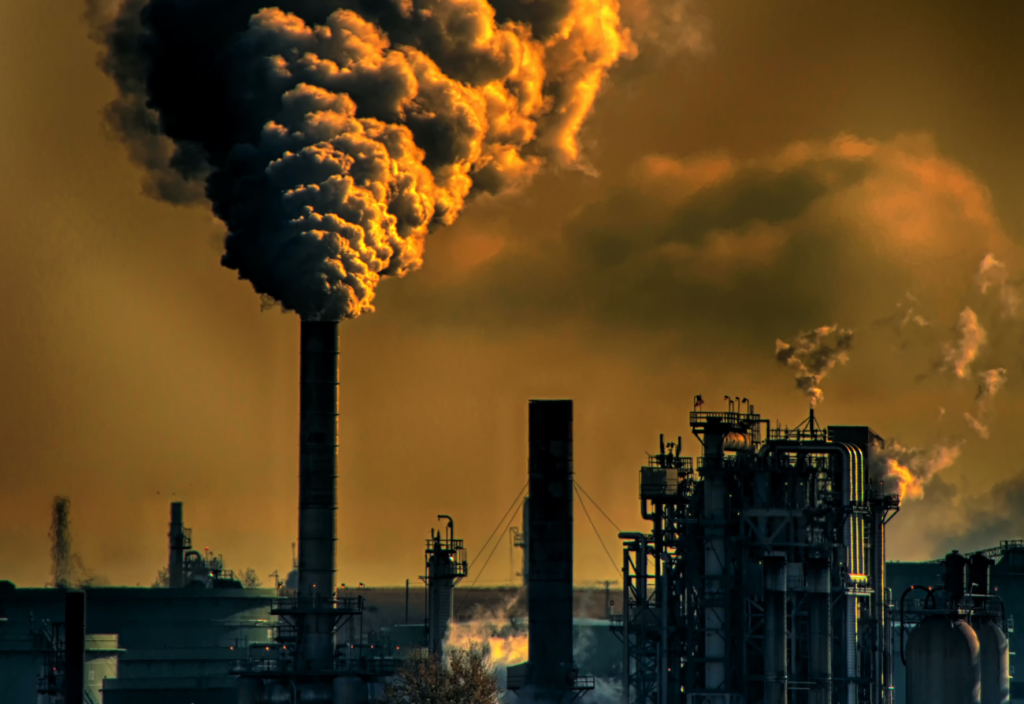The intense debate over what is dubbed ‘climate science’ is showing no signs of easing off. It remains one of the hottest political issues of this generation. But before scientists get too worried about the outcome of the bitter stoush, they should realise that at this stage the argument has become pretty much irrelevant. The big money, that which is martialled by the world’s pension funds and insurance funds, has concluded that climate change is something they will invest in. When that happens, the corporations will have no choice but to follow the script.
It is an enormous shift that will reshape global business and finance. The change has been outlined by the former governor of the Bank of England, Mark Carney, who said that an estimated $US90 trillion of infrastructure investment is expected between 2015 and 2030 in which “nearly 95 per cent of electricity supply will need to be low carbon, 70 per cent of new cars electric, and the CO2 intensity of the building sector will need to fall by 80 per cent”.
Laurence Fink, the chief executive of Black Rock, the world’s largest asset manager with about $US7 trillion of assets under management, in similar vein claimed that the world is “on the edge of a fundamental reshaping of finance” because of climate change and global warming.
Black Rock is large, but its trillions are only in the single digits. The real powers in the financial system – forget the billionaires who get all the media attention – are the insurance companies and pension funds, which invest in the tens of trillions of dollars. Re-insurers such as Hannover Re and Swiss Re have been worrying about the impact of climate change for a long time, and now the insurance companies themselves are weighing in. When insurance companies consider climate change in investment, it is just a variant of the pricing of risk – their core activity.
One alliance wielding this kind of money is an international network of investors that has over $US80 trillion in assets under management: the UN Principles for Responsible Investment, which is “committed to considering Environmental, Social and Corporate Governance factors in their work”. There are others that represent tens of trillions of dollars.
The initial consequence will be a change in how risk is assessed by insurance companies and how much investment goes into fossil fuels and how much into new technologies that can reduce carbon emissions. This will change the behaviour of corporations, who depend on getting that investment capital to keep their share prices up.
The French oil major Total, for example, is committed to being carbon neutral by 2050, and has shipped its first allegedly carbon neutral LNG cargo (using offsets). ExxonMobil asserts that it “is taking action by reducing greenhouse gas emissions in its operations, helping consumers reduce their emissions, supporting research that leads to technology breakthroughs and participating in constructive dialogue on policy options.” That may be misleading, unsurprisingly. A Bloomberg report on the company’s internal estimates of carbon emissions, which showed a sharp rise, tends to bely their claims about climate change.
There are of course many reasons to be sceptical about whether there is a genuine push towards environmental responsibility, but there is also no doubt that the pressures are intensifying – again, mainly for financial reasons. What is referred to by many analysts as ‘late-stage capitalism’ is suffering from low fertility rates, which is suppressing demand growth. Meanwhile, increasingly efficient production systems, are leading to a tightening of profit margins and oversupply in most industry sectors. What is required to keep growth going is a new type of transactions – something beyond the industrial era.
There are of course many reasons to be sceptical about whether there is a genuine push towards environmental responsibility, but there is also no doubt that the pressures are intensifying – again, mainly for financial reasons.
Creating a large volume of transactions in relation to climate change – effectively monetising the air – can provide that growth, whether it is expanded versions of the emissions trading scheme or other financial sleights of hand. What might also happen is the taxing or profiting from people’s behaviour in relation to ‘sustainability’, which would also be a new kind of transaction. Another possibility is to link the monetary system (perhaps using a mechanism such as a universal basic income) to changing the population’s climate-related behaviour. The COVID-19 crisis has revealed a disturbing tendency for authorities and corporations to tell citizens what to do and when to do it.
It is not being suggested that this financial shift is a good or desirable thing. It will most likely prove to be quite the opposite, although some solution must be found if the ailing capitalist system is to avoid foundering altogether. But what it does mean is that there will not be any evenly fought out debate over the ‘science’ of climate change. Scientists can kick up their heels.
There will continue to be much media coverage and demonisation of ‘climate deniers’, just as there is demonisation of ‘COVID deniers’ and ‘vaccine deniers’. But it will be pantomime, with scientists as the mannequins. When the really big money shifts direction, everyone else must follow.
This article was originally published in the June 2021 edition (vol. 121) of Australian Rationalist under the title ‘The big bucks have spoken: The climate change debate will not be settled by science, but by money’.
Photo by Markus Spiske of Unsplash

